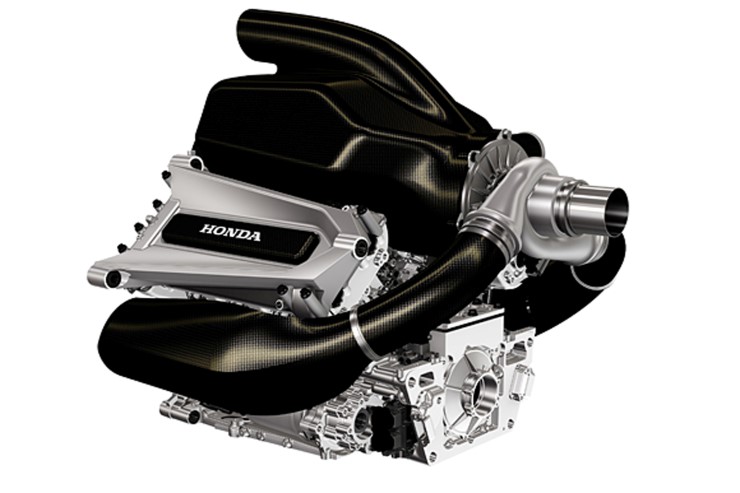German firms to stop ICE development in as little as 6 years (Update)
The supplier, which makes exhaust-gas-cleaning systems for diesel cars and nitrogen oxide-measuring sensors, lists several factors contributing to its prediction: the increasing costs of development, the end of diesel's dominance, and an overall shift to electric cars and other alternative propulsion methods.
Specifically, Continental CFO Wolfgang Schaefer predicts 2023 will be the final hurrah for German engines running on fossil fuels.
He believes one final generation of internal-combustion engines will be developed and launched by that date. Then investment and engineering will taper off after 2023, with 2025 sealing the engine's fate with the very last refinements.
"A new generation of combustion engines will again be developed, but after that (around 2023), a further development will no longer be economically justifiable because more and more work will switch into electric mobility," he said in an interview with Reuters.
Schaefer's prediction comes at a time when the use of fossil fuels for transportation faces greater scrutiny than ever across Europe.
 |
| Audi e-tron Sportback concept, 2017 Shanghai auto show |
France, the United Kingdom, the Netherlands, and Norway have all announced similar plans to phase out sales of cars powered by internal-combustion engines.
The Netherlands and Norway want the ban to be in place by 2025, while France and the UK have targeted 2040 for implementation.
All the while, European authorities continue to investigate Volkswagen Group over diesel emission cheating and have alleged BMW, Daimler, and VW Group colluded to manipulate emission regulations.
Each German automaker now plans to update software on its diesel-powered vehicles to curb emissions further, at no cost to customers.
 |
| Stick a fork in the internal combustion engine, it's almost done |
08/07/17
Continual improvements in alternative technologies coupled with environmental mandates that spur their growth may lead to automakers starting to abandon internal combustion engine development in as little as six years.
That’s the word of major automotive supplier Continental’s CFO, Wolfgang Schaefer, who spoke recently with Reuters. Speaking specifically about German automakers, Schaefer explained that we’re likely to see one more generation of ICE development before automakers focus fully on alternatives.
“A new generation of combustion engines will again be developed but after that [around 2023], a further development will no longer be economically justifiable because more and more work will switch into electric mobility," Schaefer said.
Continental supplies many automakers with exhaust filtering systems for ICE powertrains.
German automakers, which have relied heavily on diesel engines to curb carbon dioxide emissions, may end up leading the charge due to the Volkswagen Group’s cheating scandal. Since the cheating surfaced two years ago, regulators have started cracking down on nitrogen oxide emissions caused by diesel engines. This has forced fellow German firms Daimler and the BMW Group to also clean up their diesel engines.
But it’s not just diesel that’s facing pressure. Already we’ve seen nations like Franceand the United Kingdom come out with pledges to ban the sale of cars powered purely by diesel and gasoline engines by 2040. China, which has surpassed the United States as the world’s biggest market for new cars and is expected to grow for many more years, is also introducing quotas for zero- and low-emission vehicles to curb air pollution.
The last breath for ICE technology may come in the form of Homogeneous Charge Compression Ignition (HCCI) technology. The sparkless combustion process for gasoline engines is expected to curb fuel consumption by around 30 percent, though so far we haven’t seen any automakers announce it for production. That may change soon as Mazda is rumored to be preparing an HCCI engine for its redesigned Mazda 3 due in the coming year. Motor Authority
